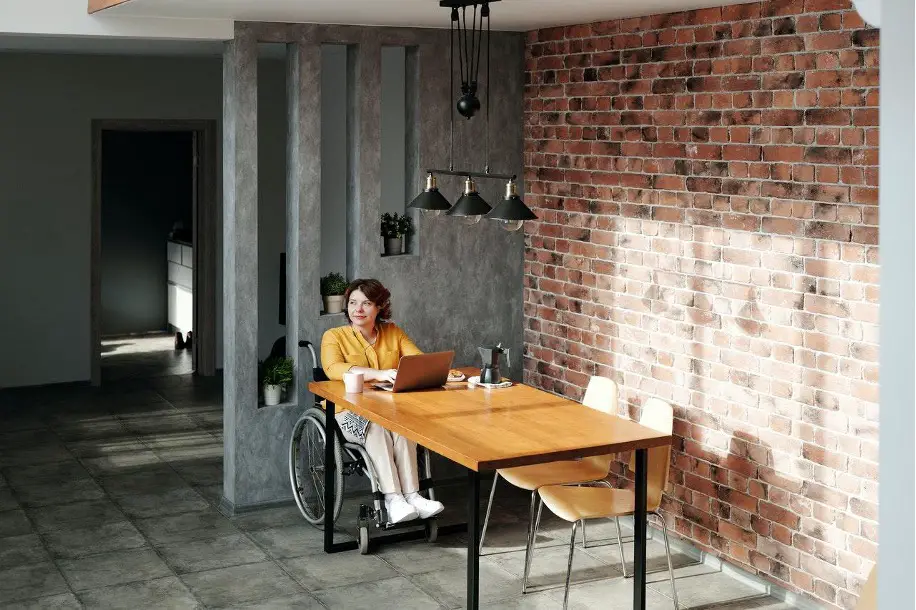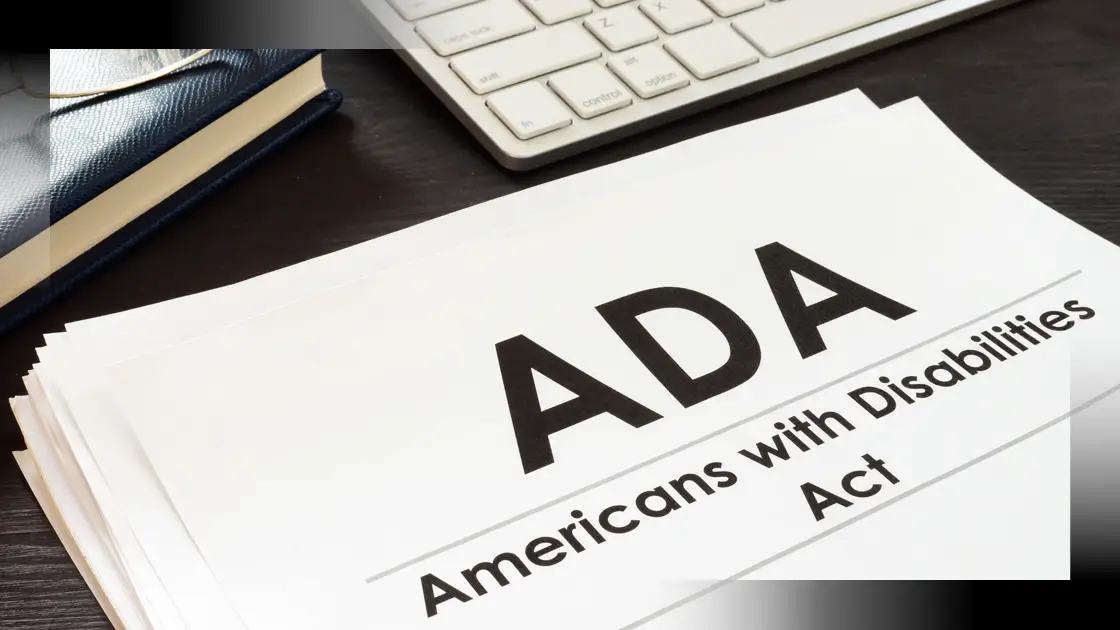Choosing to become a freelance writer can be incredibly rewarding. When you’re independently driven, it can empower you to follow a path that you can tailor to your own needs. This can make becoming a contract writer an excellent choice for when you’re living with a disability.
That doesn’t mean to say that it’s always going to be an easy path. Whether you require assistance with mobility, experience a chronic illness, or coexist with neurodivergent traits there are aspects of freelance life that represent hurdles. However, as with any challenge, the key to overcoming these is with knowledge and resources.
That’s why we’re going to take some time to review what it means to freelance with a disability. What are some strategies can you use to make the journey a positive one on your own terms?

Consider Your Workflow
One of the main aspects to understand about freelancing is that work is feast or famine. When you’re living with a disability this might affect various areas of your life. For instance, if you’ve previously qualified for Medicare coverage you can still utilize it while working, but your eligibility might fluctuate depending on your income. Indeed, the premiums for Medicare part B, which pays for outpatient care and doctor’s appointments are tied to your income. So you also need to be cognizant of how your ability to remain productive affects the services you might rely on.
This has to extend to your relationships with clients, too. You know better than anyone else how the daily challenges you face affect your workflow. This might be from a general day-to-day operating level or the potential for periodic issues to arise. As a freelancer, there is no requirement for you to discuss this with your clients, as might be expected in a traditional space.
However, your clients will also have certain expectations about the work that is required and the deadlines it’ll need to be completed by. As such, if there is potential for occasional disruption there can be some benefit to a degree of openness here.
Most of all, these considerations have to revolve around being kind to yourself. There is too often a tendency for freelancers to push themselves too hard to maintain a high level of productivity. The potential for burnout is significant, and you’ll benefit from considering in advance what methods you use to co-exist with your disability every day can be applied and adapted to your freelance workflow. Make sure that there is space to manage client expectations and attend to your own needs.
Build Safety Nets
It’s important to understand that freelancing with a disability doesn’t necessarily make the path any more precarious. Each freelancer needs to take time to understand the risks associated with their venture and build appropriate safety nets to mitigate potential issues. As such, you may need to factor the specifics of freelancing with a disability into your preparations.
The best way to do this is by being honest and cognizant of your personal challenges. Take time to write down how tasks might be affected — this can be through a simple list or something more active like a mind map. You should also then commit some research to the external factors that affect your disability and freelancing.
Become more familiar with the operation of your Medicare program. Do a deep dive into the specifics of income limitations, find out how your medical savings account (MSA) might be affected by your switch to freelancing. Consider elements such as labor protections — is there scope under the Americans with Disabilities Act to prevent discrimination?
You can then use this information to inform the types of safety nets that you can start building for yourself. These don’t have to be complicated, but making plans can not just mitigate potential problems but also prevent you from becoming overwhelmed by the prospect. The freelancing life is unpredictable; that’s important to accept. But you are not powerless. Make sure that you’re not selling yourself short during bidding and pitching so that you can direct some income into savings programs and health accounts. Arrange your support network so that you have assistance on any particularly rough days — this might even include your clients themselves. Whatever your plan, formalize it so that you can make better use of it.
Address Business Challenges
Freelancing often gets a reputation of being the same as regular employment, except that you’re operating from home. In reality, it is closer to running your own business. As such, you need to understand and actively engage with what the challenges of being a business owner with a disability can be, and how to adapt to them.
One aspect to consider is that as a freelancer, the people you work with are likely to be classified as your clients rather than your employers. As such, the accommodations that you may have been provided under the Americans with Disabilities Act in the workplace may not be applicable here. Rather, what would usually be an expectation may have to evolve into a negotiation. If there is specialized equipment or working methodologies that help you to be productive, you’ll need to discuss why your clients should contribute to this. While they may certainly have some ethical responsibility, they don’t have a legal obligation. Understanding how to communicate these accommodations as worthwhile investments can be a positive approach.
As an independent business owner, you’ll also generally find that financing is a challenge. This can be pronounced when you’re transitioning from disability benefits to full-time freelancing. In the beginning, it is less likely to be an issue. Indeed, the Social Security Disability Insurance (SSDI) system is organized to support entrepreneurs to some extent. This benefit is income-based, and there are Trial Work Period TWP and Extended Period of Eligibility (EPE) programs that allow you to maintain stability for between nine and 36 months. However, this also makes it imperative to make a business plan that helps you prepare for the end of these periods.
Conclusion
Freelancing with a disability can be a great way to take control of your career. However, to get the best out of it you must pay attention to your workflow and put in place any safety nets that you feel you need. Remember that by treating your career as a business, you are empowering yourself to be a successful contributor to the freelance writing industry.





Leave a Reply